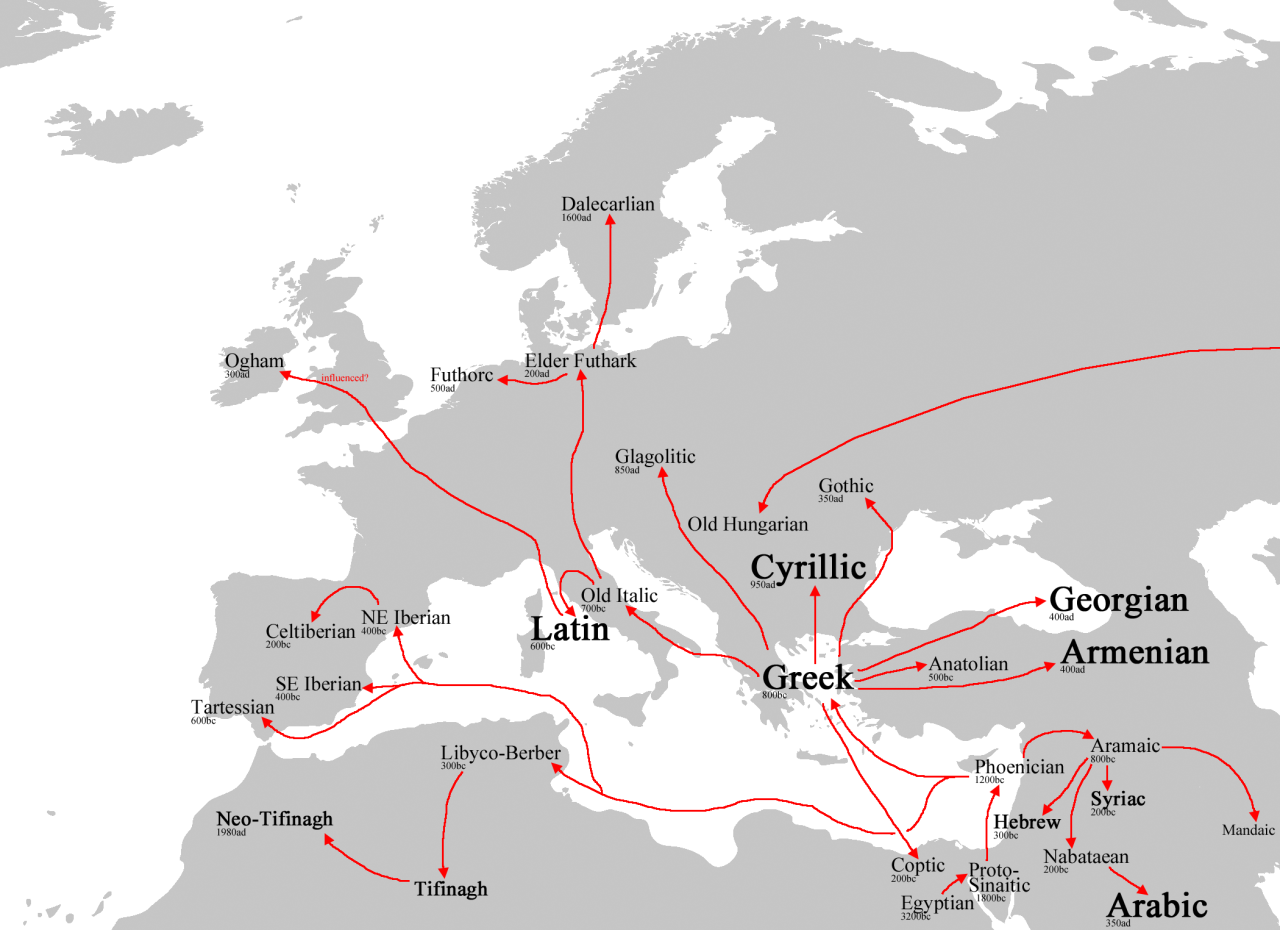this was such a fascinating read. Yes, there was slavery in the UK but to its credit, it was perhaps the first to fight very hard against slavery as well. Here's a story of how the UK fought for ending slavery in Brazil.
In the late afternoon of Saturday 22 April 1848, the British cruiser H.M.S. Grecian gave chase to a suspicious-looking ship it encountered off the coast of Bahia, Brazil. By midnight, the Greciansucceeded in seizing the slave ship Bella Miquelina. One week later, the Bella Miquelina sailed into the Bay of All Saints at Salvador, Bahia, Brazil under the direction of a British prize crew. The appearance of this captured vessel with 517 Africans on board “set off alarms” all over the city. Many Bahians feared that disembarkation might cause the spread of disease and increase slave resistance in the city. As negotiations unfolded during the next 48 hours between Bahian authorities and British representatives, a group of 80 men attacked the Bella Miquelina in hopes of gaining control over the ship and taking the Africans. The British prize crew successfully held of this attack. In the midst of this turbulent milieu, a fugitive African slave named John Freeman rowed a small boat to the side of the Grecian and asked for assistance. Commander L.S. Tindal allowed Freeman to remain on board. Six weeks later, the Bella Miquelina returned to Sierra Leone and the Africans were freed by the British Vice-Admiralty Court at Freetown. One year later, Freeman returned to Sierra Leone on board H.M.S. Adventure as a free man. These events shed light on British strategies to suppress the slave trade to Brazil in 1848 as well as Brazilian and African responses.
A daily dose of odds and sods, some interesting, some bizarre, some funny, some thought provoking items which I have stumbled across the web. All to be taken with a grain of daily salt!!
Saturday, October 15
Sunday, October 9
Subscribe to:
Comments (Atom)
